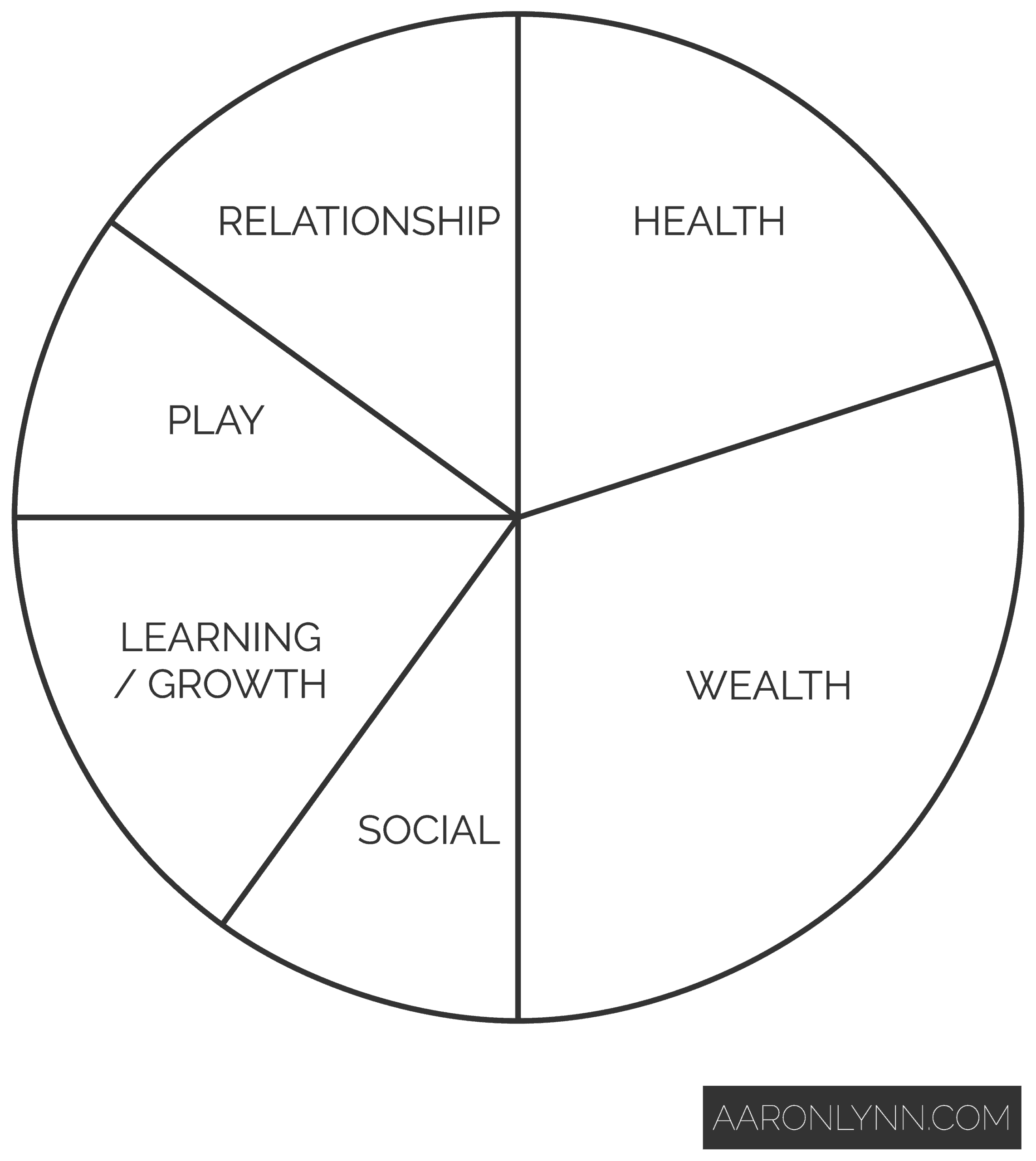
Years ago, I found myself in a hot, humid, hole-in-the-wall noodle shop in the old town in Bangkok, sitting across from my Uncle Harry.
I call him Uncle Harry because in Asian culture, everyone older than you is “Uncle John” or “Auntie Suzie”.
Uncle Harry was in his early 60s. He was dark-skinned, and had a long and weathered face but surprisingly little white hair. He was quiet but projected presence and authority wherever he went.
He had spent decades running one of the largest telecommunications companies in Thailand, from the time they were still selling pagers through to the very first mobile phone networks.
Now he ran a small direct TV empire, selling everything from household cleaning products to “bust enhancement” undergarments for middle-class Asian housewives.
I knew that earlier in life he had a reputation for being a bit of drinker — something leftover from years of entertaining clients and government officials late into the evening across Asia.
Even now as sweatily we ate our boat noodles and drank our tea, he looked a bit red around the cheeks and ears.
He said to me, “Aaron. In life there are three types of luck.”
“The first type is given to you by the gods, your ancestors, and everything out there. That’s the stuff you go to the temple to pray for.”
“The second you already know. That’s the luck you make yourself, with how hard you work, what business you do, and what woman you decide to marry.”
“But there is another type of luck. It is called earthly luck. And that’s the luck that all of us — every single person on this planet — makes. It’s the sum of everything humans have built and created.”
He continued.
“You can’t do anything about the first type of luck. That’s up to the heavens. And you already know what to do with the second type. You work really, really hard and never give up. But the secret in this life, lies with the third type of luck. And that is to get as much of that third type of luck, that earthly luck, that you can.”
I asked him how.
He looked at me wryly and smiled.
“By taking control of it.”
What Uncle Harry was talking about with earthly luck, is what psychologists call our locus of control.
What Is Your Locus of Control?
Locus of control is a psychological concept about how strongly you believe you have (or actually have) control over the situations and experiences in your life.
It is the sum of things outside yourself and your behaviour that you can actually control or heavily influence that affect your life.
For example, if you look around your house… is it under your control?
Are things the way that you want?
Or are your house and belongings a mess, with items piled up everywhere?
Are you in control of your house… or is it in control of you?
Now technically speaking, you cannot control anything outside yourself.1That is one of the tenets of Stoicism. But, you can influence certain things enough to the point where you are essentially in control of them.
Why Your Locus of Control Is Important

As Uncle Harry said, the more control you have over your life and the things in it… the more “earthly luck” you will have.
And if success in life is accumulating as many advantages as you can and then capitalising on them, then you want to have as much “earthly luck” on your side as possible.
This is why you must identify and expand your locus of control.
That’s the mystical woo-woo side.
More practically, having a strong locus of control provides you with psychological benefits that improve your performance.
Not in a crazy “must control everything” kind of way, but in simply knowing that the mechanisms of your life are working the way that they should be, according to you.
This gives you confidence, and peace of mind.
It can also lead to happiness.
There are real-world benefits to having a strong locus of control. You have control over where things are in your environment, and how they work. You’ll never walk into a room, or start a day thinking “what a mess”.
What Happens When We Lose Our Locus of Control?

The 2020 pandemic and subsequent lockdowns were a very real example of what happens when we lose our locus of control.
Billions of people found themselves unable to go outside. Businesses were forced to close. Restrictions were placed on what we could do daily, and how we could go about it.
It was widely reported that overwhelm, burnout, and depression went up around the world as a result.
Many lost their sense of self-efficacy and motivation.
It wasn’t so much the restrictions themselves, but what they meant — the loss of control over the direction of our lives.
Locus of Control Models
There are three ways we can think about our locus of control systematically.
1. Environmental locus of control
What do you control in your environment?
There’s yourself and your behaviour, but that isn’t “earthly luck” — that’s the man-made type of luck that Uncle Harry was talking about.
Outside of your own physical body and mind, what else is there?
There’s your bedroom. Is it neat, organised, welcoming?
There’s your house or apartment.
Do you control it? Does your spouse or significant other? And what about the individual rooms — who controls your kitchen, lounge room, bathroom and hallways?
There’s your home office, which has become ever-more important in the past couple of years.
And then there are things outside of your home. What do you “control” in your neighbourhood? Your city? Your country? In the world?
2. Control of areas of life
Another way to look at your locus of control is across your areas of life.
Let’s start with your health.
Are you in control of your health and making your own food choices?
Or have you placed control of it in the hands of food manufacturers and restaurants?
Do you proactively exercise? Or have you placed control of your physical shape in the hands of the company you work for, gluing yourself to an office chair for eight hours a day?
There is also your wealth.
Do you control your financial resources — or does your debt and expenditure control you?
With zero exception, everyone I know who has control of their finances and wealth is happier, whether they’re worth $10,000 or $10,000,000.
Then there are your relationships.
This doesn’t mean you need to “control” or dominate your relationships.
It simply means that you need to have a say in their direction and development.
Is your relationship with your spouse or partner a true partnership — or does one person call all the shots?
The same goes for your family and friends. One-way relationships where one person dictates and the other simply listens… are not functional relationships.
There is also your learning and growth.
Did your formal education stop once your schooling did? That’s putting control of your learning in the hands of the state… and its politicians.
Of all the areas in your life, learning and growth is the easiest to regain control of. With the internet, almost anything you want to learn can be learnt online nowadays.
And lastly there is your play and downtime.
Are you actually taking downtime that you enjoy and that recharges you?
Or are you just passively consuming whatever big entertainment algorithms throw at you, whether that’s Netflix suggestions or what’s on your social media feed.
3. Control of your time
The last way we can look at our locus of control is through the lens of time.
Do you have control of your schedule and time?
Do you have a choice in how you spend your mornings, lunchtimes, afternoons and evenings?
Or is that under the control of your employer, children, school… or something else?
How to Improve Your Locus of Control Systematically

Improving your locus of control can be done systematically. And it is simply done by taking the models above and improving them.
1. Environment
Improving control of your environment is fun.
Start with your bedroom — clean it up, organise it and rearrange it to the way that YOU want it.
Then move onto your living room. Then hallways. Then kitchen. Then all the rooms of your house, one-by-one until they are the way that YOU want.
Then step outside, and see what’s next. Your garden? Your office? The world?
You may decide to stop at the boundaries of your home.
There is no need to control everything — just enough for your psychological well-being and benefit… your “earthly luck”.
2. Areas of life
Improving control over your areas of life can be done in two parts.
Your health, wealth, and relationships are the big part, and I suggest working on those one at a time.
Each of these three areas has amazing parallels with the others, and once you improve your control over one, the others are simply a matter of time.
Each should take about 6-12 months to get under your control.2It will be work and it won’t necessarily be easy, but it is very real and possible.
Your learning, growth and play are all secondary and these are easy fixes. It’s simply about making decisions and being consistent with them.
3. Time
To improve your control over your time, check out the time management stack.
Locus of Control in Business

The concept of locus of control applies to your business as well.3I refer to self-funded businesses, not startups. Startups go by different rules.
In the beginning, you will have very little control over your business even though you will be doing almost everything.
You don’t get to pick what you want to sell — you will be selling what the market wants to buy.
And you will have to perform certain actions to make sales and service customers, even if they are not your core strengths.
But as your business starts to grow and succeed, your locus of control expands.
You get your first hire, and you “control” them so to speak. They expand your locus of control into new areas with their skills, abilities, and time.
They also give you back control of your time… which you can reinvest into other things.
As you start to gain authority in your market, you will be able to suggest to customers what they actually need, versus what they believe they need.
And you start to develop your company the way you want, with its own mission, values and strategic plan.
As your business matures, you as the founder will actually do less but control a lot more.
You make the decisions — and others carry out the actions. It is like being an orchestral conductor: You don’t make a sound, but you control the entire performance.
At this stage you can set up your systems and structure the way that you want, and build a business in your image.
You become a leader in your industry and are able to innovate and create new products and offerings, rather than just selling what the market demands.
What To Do Next
As Uncle Harry said, the more control you have over the things in your life, the more “earthly luck” you will have.
To improve your locus of control systematically you can begin with yourself, your environment, your areas, and your time.
If you need help regaining control in your business, let’s talk. Check out the different ways that I can help you here.
- That is one of the tenets of Stoicism.
- It will be work and it won’t necessarily be easy, but it is very real and possible.
- I refer to self-funded businesses, not startups. Startups go by different rules.
Photos by Jonás Ceballos, Reinaldo Kevin, Edwin Hooper, Randy Tarampi, Alex Kotliarskyi.
